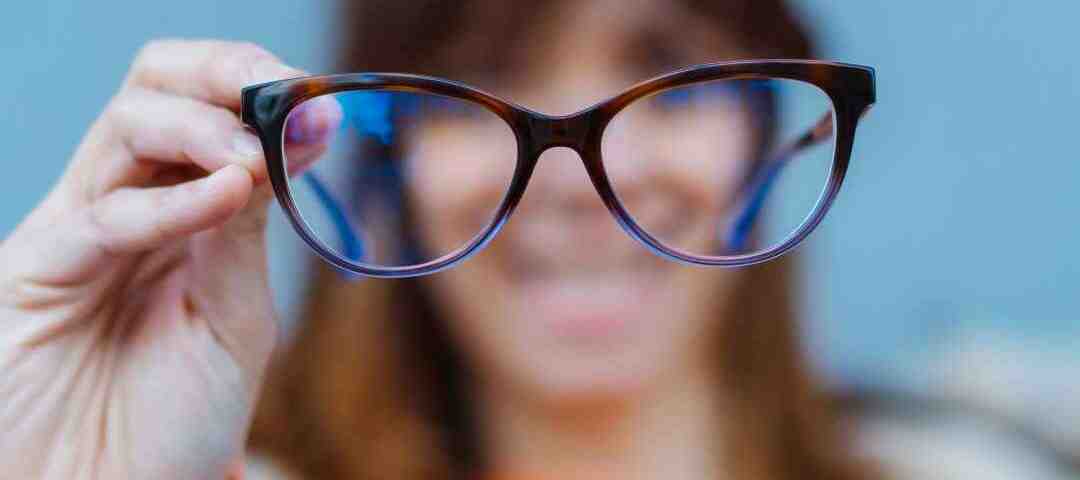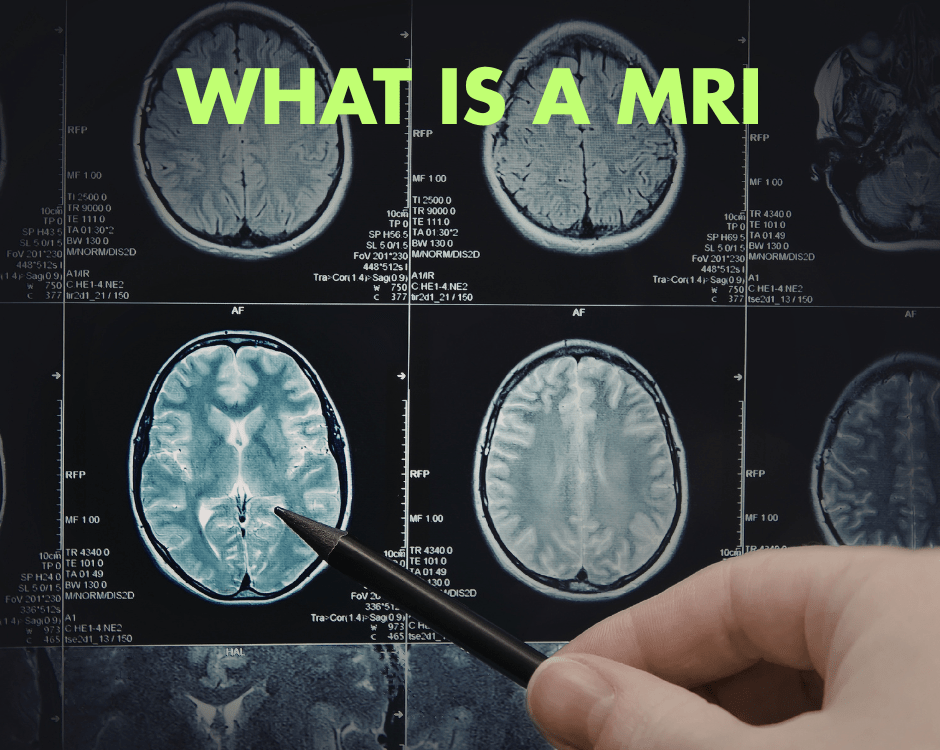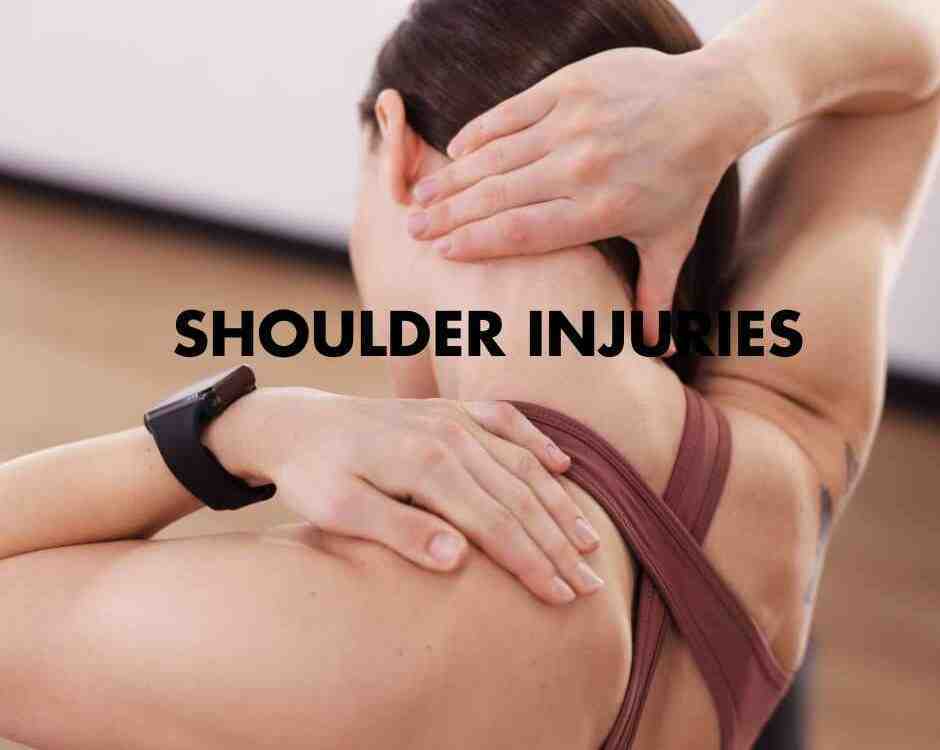Is Your Vision Blurred After a Car Accident?

Safe Driving in Florida
April 25, 2025
Electric Muscle Stimulation (EMS) vs. Transcutaneous Electrical Nerve Stimulation (TENS) In Car Accident Recovery
April 25, 2025- Accident doctor
- accupuncture
- airplane headache
- alzheimer's
- best habits
- Brain Injuries
- car accident
- car accidents
- cervical strain
- colds
- concussion
- Concussions
- disc bulge
- dosage meds
- dry needling
- dull pain
- E bike injuries
- florida
- good posture
- headaches
- Headrest positions
- Headrest positions after an accident
- Healthy choices
- Healthy flying
- healthy gift guide
- Healthy SPring Ideas
- hip pain
- hyperextension
- injury doctor
- insurance
- Kayaking
- kentucky
- kids motion sickness
- lifestyle
- motion sickness
- neck injury
- no fault insurance doctor
- noise healing
- osteoporosis
- pain symptoms
- pink noise
- posterior chain
- posture
- prevent osteoporosis
- Rest
- Scoliosis
- shoulder pain
- Stress with kids after a motor vehicle accident
- TBI
- tips
- tmj
- torn muscle
- Traumatic Brain Injury
- trigger points
- VitaminD
- What are Post Traumatic headaches?
Blurred Vision After a Car Accident
Experiencing blurred vision after a car accident can be alarming and may indicate a serious underlying injury. Vision problems following a crash can result from a variety of sources.
Dr. Deryk Harting, a patient favorite at one of the highest rated car accident medical care programs in Florida, discusses common causes of blurred vision following a car accident.
- Traumatic Brain Injuries (TBI)
A car accident can cause the brain to strike against the skull, leading to various forms of traumatic brain injury. These injuries can interfere with the brain’s ability to process visual information, leading to blurred or distorted vision.
- Concussions: A mild form of TBI, concussions can cause dizziness, headaches, and visual disturbances such as blurred or double vision. Even minor concussions can impact visual focus.
- Severe TBIs: More serious head injuries, such as brain hemorrhages or contusions, can cause long-term visual impairments and require urgent medical care.
- Whiplash Injuries
Whiplash is a common injury in rear-end collisions, where the sudden jerking motion of the head and neck strains muscles and ligaments. What many people do not realize is that whiplash can also impact vision.
- Nerve Damage: The skull houses nerves that control eye movement. If these nerves are strained or compressed, it can result in blurry vision, difficulty focusing, or double vision.
- Blood Flow Disruptions: Whiplash injuries can affect circulation to the brain and eyes, leading to temporary visual disturbances.
- Eye Trauma and Direct Injury
Not all vision problems after an accident are caused by brain or nerve injuries—direct trauma to the eyes can also be responsible.
- Airbag Deployment: While airbags are designed to protect occupants, their rapid inflation can cause eye injuries, leading to corneal abrasions, swelling, or even internal eye damage.
- Debris and Glass Injuries: Broken glass or other debris from the crash can injure the surface of the eye, scratch the cornea, or even cause deeper injuries inside the eye.
- Blunt Force Trauma: A direct impact to the face from the steering wheel, dashboard, or side window can lead to swelling and vision impairment.
- Retinal Damage or Detachment
One of the most serious eye-related injuries in car accidents is retinal detachment, where the light-sensitive layer at the back of the eye separates from its surrounding tissue and normal position.
- Blunt Force Trauma: A strong impact can cause the retina to detach, leading to symptoms like blurred vision, light flashes, or dark floaters in the field of vision.
- Vitreous Hemorrhage: Internal bleeding within the eye can cloud vision and lead to lasting problems if untreated.
- Nerve Damage Affecting Vision
Damage to the nerves that control vision or eye movement can cause significant visual disturbances.
- Optic Nerve Injury: If the optic nerve is compressed or damaged due to head trauma, it can cause blurry vision, blind spots, or reduced visual clarity.
- Cranial Nerve Palsy: The cranial nerves control eye movement and coordination. Damage to these nerves can result in double vision, eye misalignment, or trouble focusing.
- Psychological and Stress-Related Effects
Sometimes, vision problems after a car accident are not directly caused by physical trauma but by the body’s response to stress and anxiety.
- Post Concussion Syndrome: Even after the initial concussion symptoms fade, some individuals experience lingering vision issues.
- Stress and Migraines: Anxiety and stress from the accident can trigger migraines, which may cause temporary blurred vision, light sensitivity, or visual distortions.
It is essential to immediately seek medical attention if you experience blurred vision after a car accident as it could indicate a serious problem. Avoid straining your eyes by limiting reading or screen time until you can see a doctor. Keep track of your symptoms, noting when the blurriness begins, any changes over time, and whether you experience additional symptoms like headaches, dizziness, or nausea. Follow up with a specialist, such as an ophthalmologist, neurologist, or medical doctor, depending on the diagnosis.
Blurred vision after a car accident should never be ignored. Whether the cause is a minor strain or a more severe injury, seeking prompt medical attention is essential to prevent long-term complications. If you or someone you know experiences vision issues after an accident, get checked by a medical professional to ensure an accurate diagnosis and proper treatment.
— This article is written by Deryk Harting, DC, one of the members of Chambers Medical Group’s team of car accident chiropractors who offer a variety of treatments and therapies ranging from diagnostic testing to various soft tissue therapies for car accidents and injuries in Florida.
- Car Accident Medical Clinic in Tampa
- Car Accident Medical Clinic in Plant City
- Car Accident Medical Clinic in Brandon
- Car Accident Medical Clinic in Lakeland
- Car Accident Medical Clinic in Sarasota
- Car Accident Medical Clinic in Louisville
- Car Accident Medical Clinic in Lexington
- Car Accident Medical Clinic in Florence




